Australians boast the inglorious irony of being the best off people in this pandemic and yet we’re potentially the most resentful about travel restrictions. Gap years are standard before and after uni, many of us look forward to our annual overseas trip and retirement will often consist of cruise ship hopping.
But before COVID-19 derailed everyone’s travel plans, I was already wrestling not so much with the idea of no longer being an international tourist – but with the idea of no longer being a nomad. It’s been a four-and-a-half-year struggle.
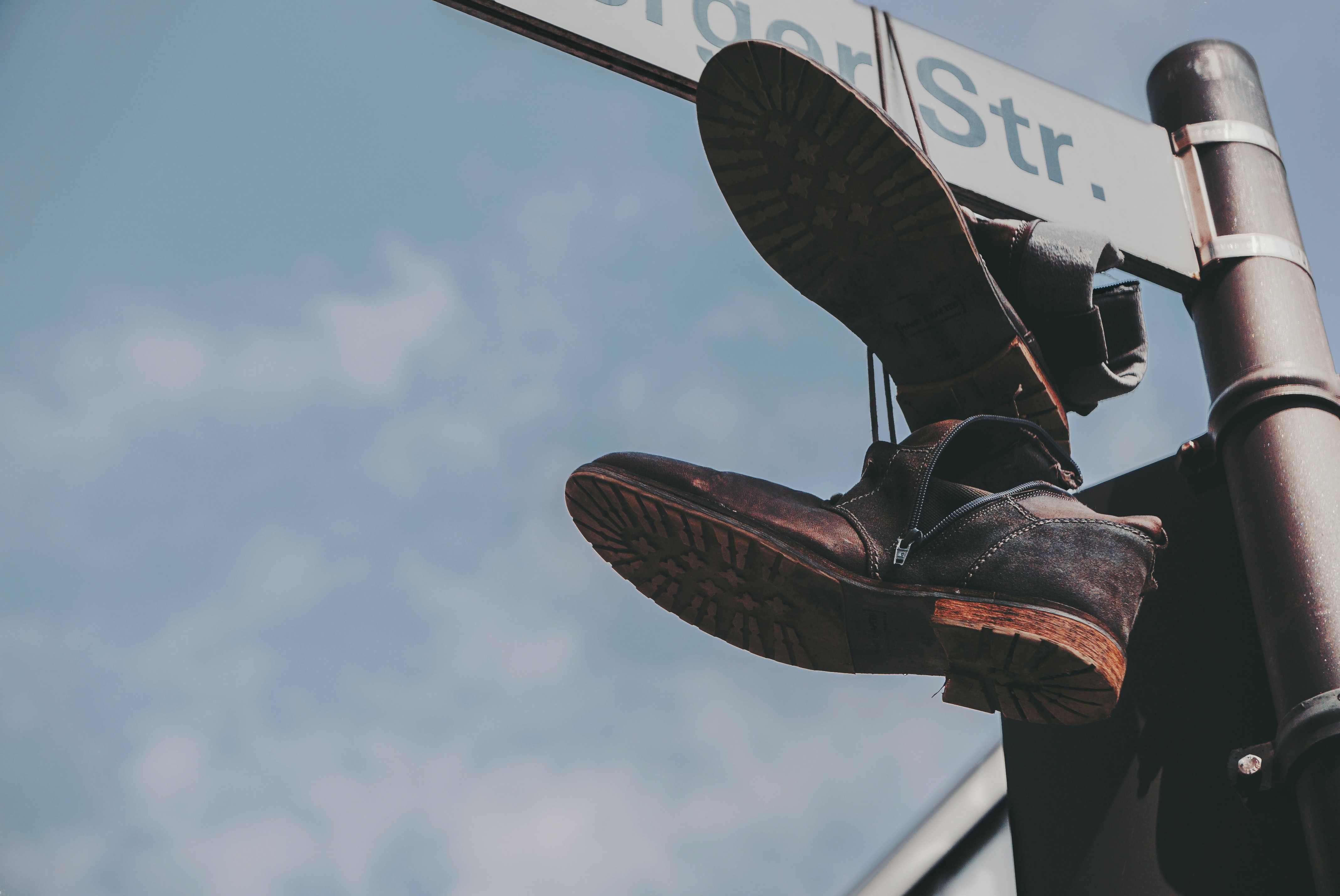
What do you call an ex-expat?
In the last few weeks I’ve been uploading my entire photo library to Google Photos. There are days, even now, that I feel myself grieving the end of that time of my life, the person that I was back when I lived in South America – someone I am proud of having been, even if at that time I did plenty of things I’m not proud of.
I’ve travelled a lot in the last decade. But this year marks the fifth anniversary of me no longer being an expat. Although I have resisted falling for Sydney, this city is looking less and less temporary.
Am I a post-pat? A repat? Or do the “ex”s cancel themselves out, making me merely a pat(riot)? Does it even matter?
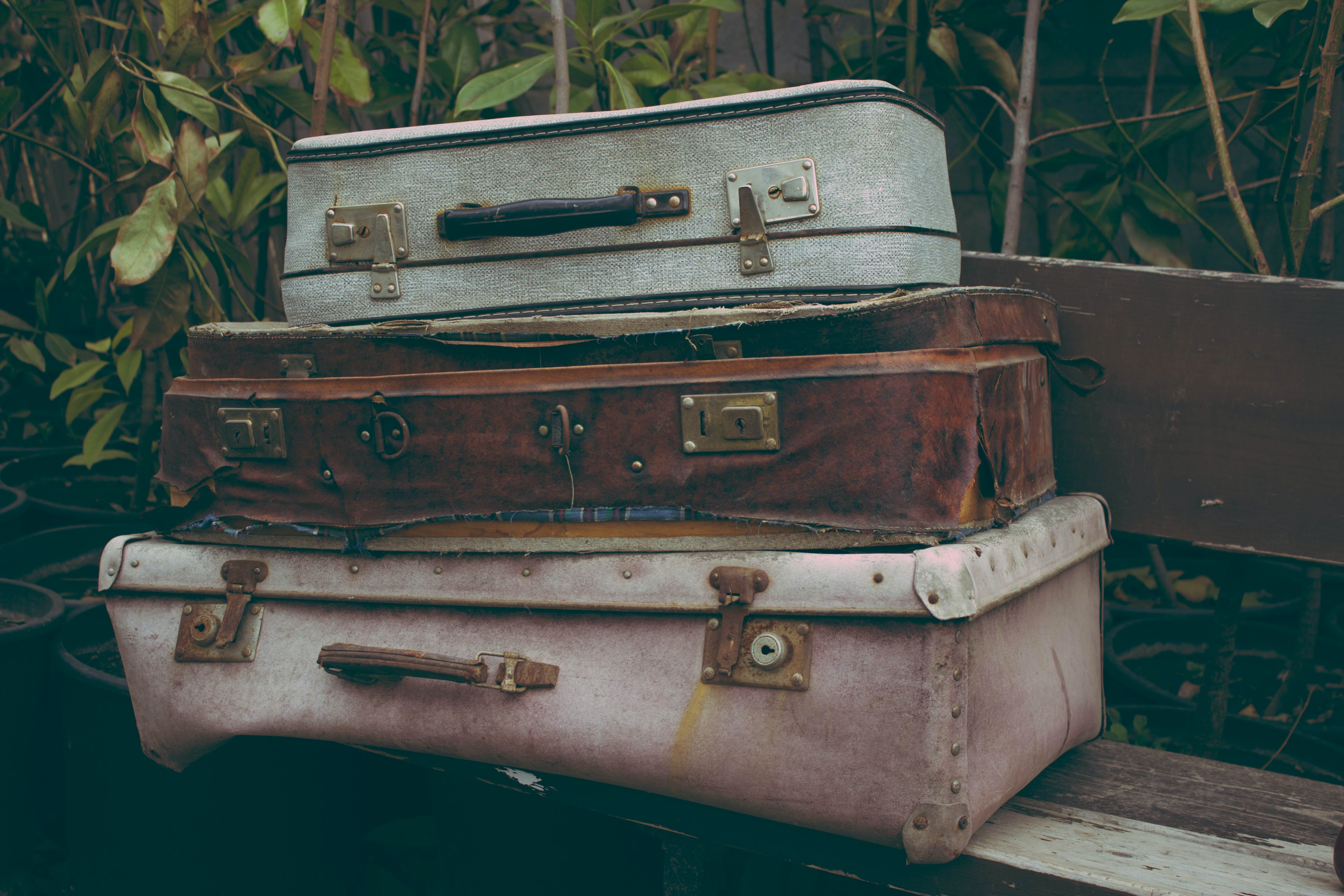
Even prior to this year’s travel restrictions and the likelihood that there will be no overseas travel for any of us this year (except to New Zealand if we’re lucky), being “the one who travels” had become a big part of my identity.
This wasn’t necessarily a good thing, as I identified here.
I feel like I will never quite be from anywhere. I will never be local enough – not here or anywhere. I will always be a little exotic. I will always not quite fit.
Maybe this would’ve been true irrespective of my time overseas, since I’m a non-white Australian and I don’t live in my hometown. But being a former expat cements my sense of not fitting: in coming home I somehow returned less at home than when I left.
What being a nomad really means
In processing these feelings, I’ve realised the nomad label has been tough to let go of less because of the actual travel and more because of the moral value I associated with living abroad. I attribute virtue both to my motivations for moving abroad and to what I learned while living abroad.
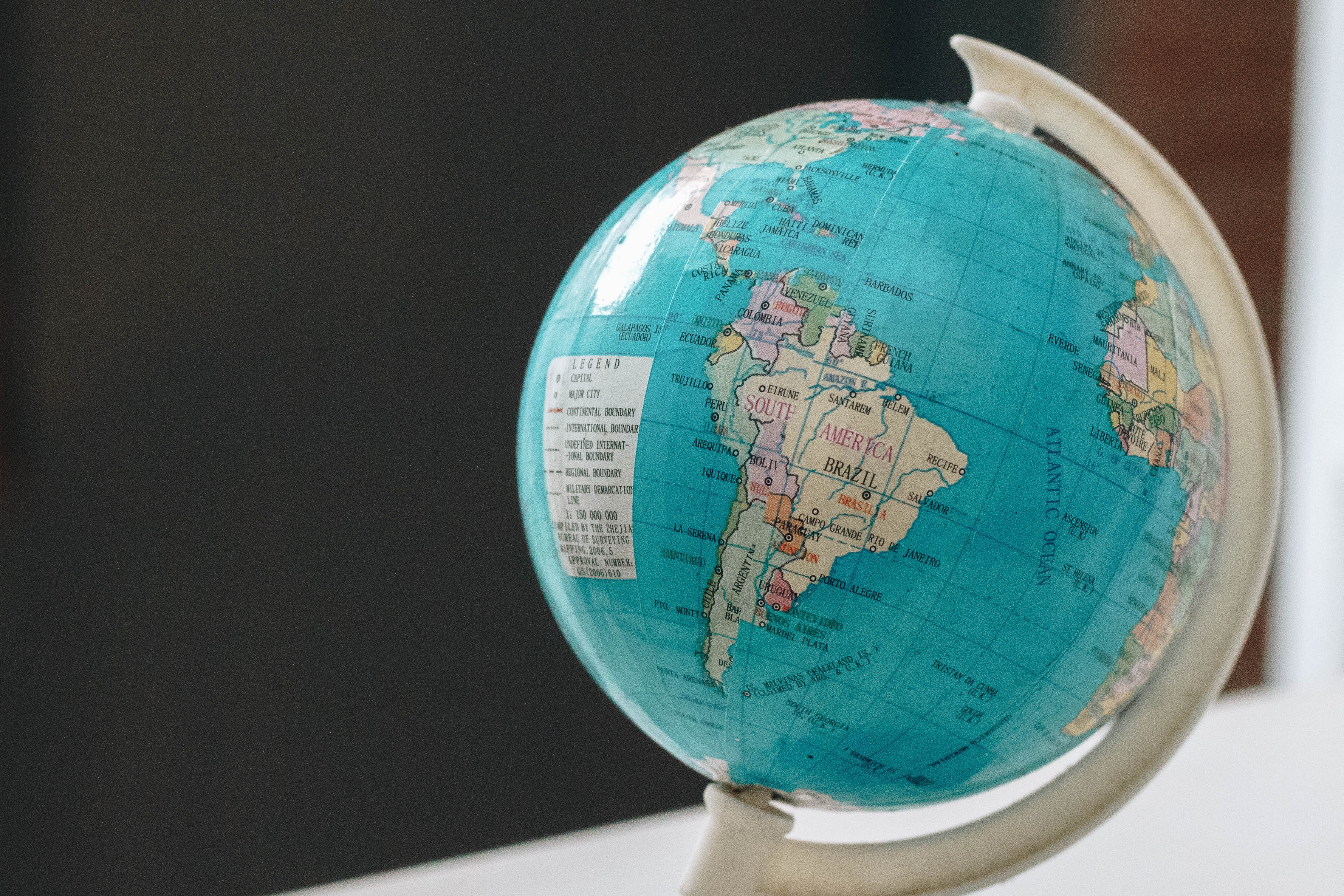
Motivation
For me, going first to Ecuador and then to Bolivia wasn’t simply a search for adventure. While I joked about “getting out” of Canberra, primarily my decisions to relocate were about living by my convictions.
Reaching the end of my university degree, it felt like a given that we would get a public service job, save up enough money for a deposit on a house, join the public service, get married, have kids and eventually pay off the mortgage. I didn’t want that, and I didn’t want to conform to the social norm of seeking after that.
From the time I was little watching Behind the News (remember BTN?) I had seen from afar how broken the world was and how great the needs were – especially for the vulnerable in developing countries. It was important to me to be part of the solution, to live out my faith in that way.
Learnings
Unsurprisingly, being an expat taught me a lot about culture and my own identity. I learned at least 17 lessons about what it means to be a missionary (these ten plus these seven). Doing life in Spanish expanded my understanding of faith and God. I learned to travel light and live light – to detach myself from material possessions.
I still consider all of these to be virtues. I grew so much from my expat years that I’ll encourage anyone who wants to live abroad to do it.
The thing is, these are not virtues unique to a nomadic life. In fact, it’s possible to be a nomad without having any of these motivations and without learning any of these lessons.
So I choose to believe it’s possible to embody these virtues and apply these lessons even though I have ceased to be a nomad – and even if it looks different here in my post-nomad life.
Convictions are not nomadic
Settling back into my home country doesn’t automatically mean that I am no longer living by my convictions. I’ve found it’s just a bit harder.
I don’t think I’m great at mirroring Jesus in my day-to-day. I can be selfish, judgey, lazy, graceless – this is just the start of the list. Moving overseas to serve was a concrete commitment that also served as a declaration of my convictions.
In a way, it was easier to make one big gesture than to daily prefer others over myself.

It was easier to know that Jesus was the reason I was in South America in the first place than to ask myself each day how I could share Jesus with another person in word and deed. I fail most days at the latter; whereas I had already succeeded at the former by deciding to serve abroad.
To be honest, one of the great comforts of my current job is that it is a continuation of what I began in Bolivia. Simply by being in this job I am declaring my convictions around justice, hope and global citizenship. Being a nomad or not is irrelevant.
I know that I can’t rest on my laurels here. Living by my convictions is more than the employment I choose to pursue – that was true for Nomad Me and it is true for Non-Nomad Me.
Nomadic lessons in my post-nomadic life
What I learned about being a missionary was not actually specific to the mission field. Serving in South America taught me about cross-cultural communication, expanded my view of the world and developed my self-awareness in highlighting the weakness and strengths I didn’t know I had. These perspectives have stayed with me; those years have made me who I am today.
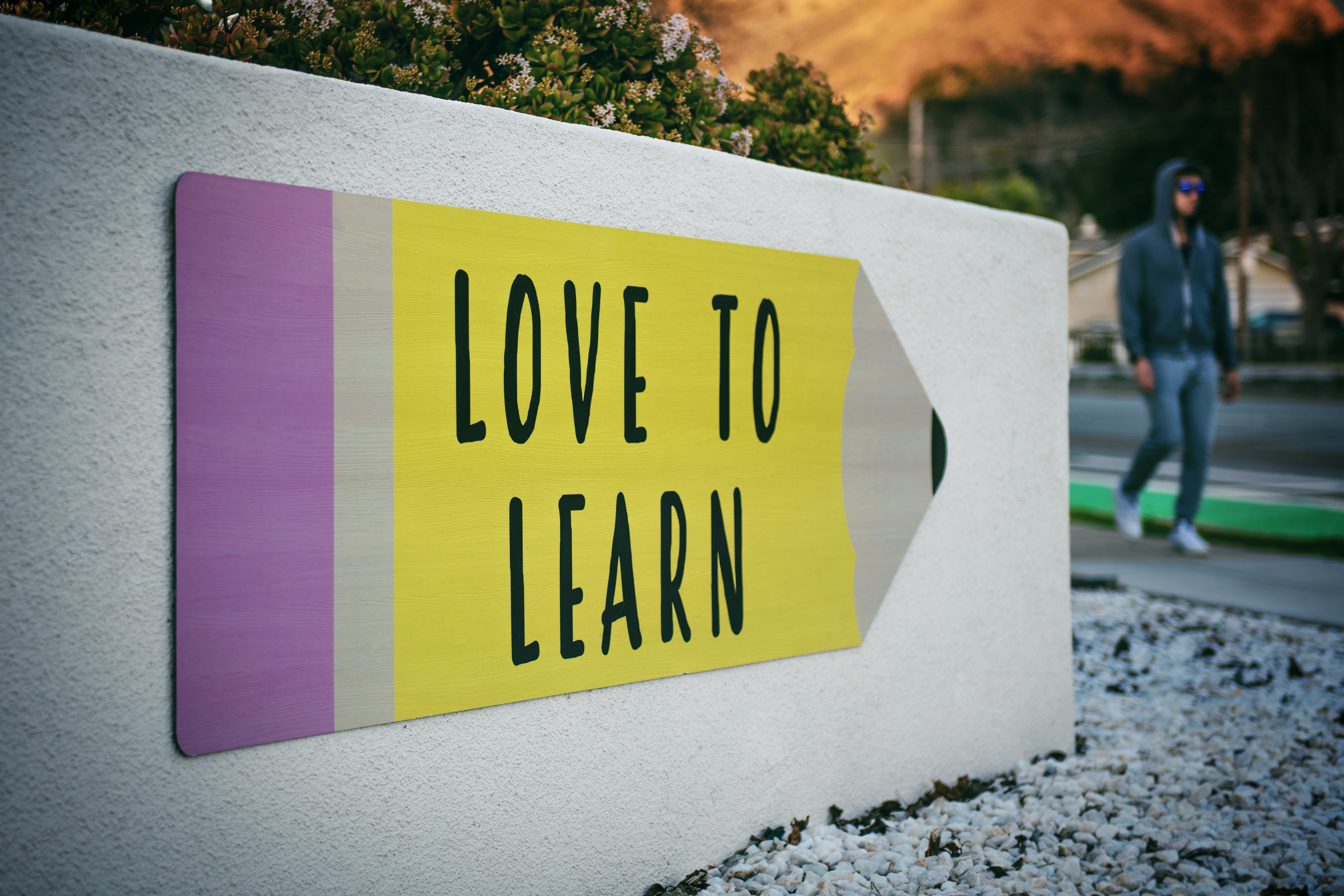
It was abroad that I experienced what it meant to invest myself in other people’s lives. And in returning, I know that I need to put this same principle into action with family, with old friends and new friends, with those in my community.
It was also abroad that I discovered I don’t need much at all in the way of possessions. While it’s tempting to begin accumulating stuff now that I’m on a salary and in more permanent accommodation, I don’t plan on getting reattached to material things.
These are just a couple of many transferable lessons that I want to start or keep applying in my life now.
*
I have sometimes thought of my time abroad as a long-term relationship that I need to move on from. But repatriation is less about “getting over” my nomad years and more about developing a healthy perspective on their role in my story and identity. Part of that has been working through why my expat experience is so dear to me and which elements of that experience can and should be transferable.
Header image: Anete L?si?a.

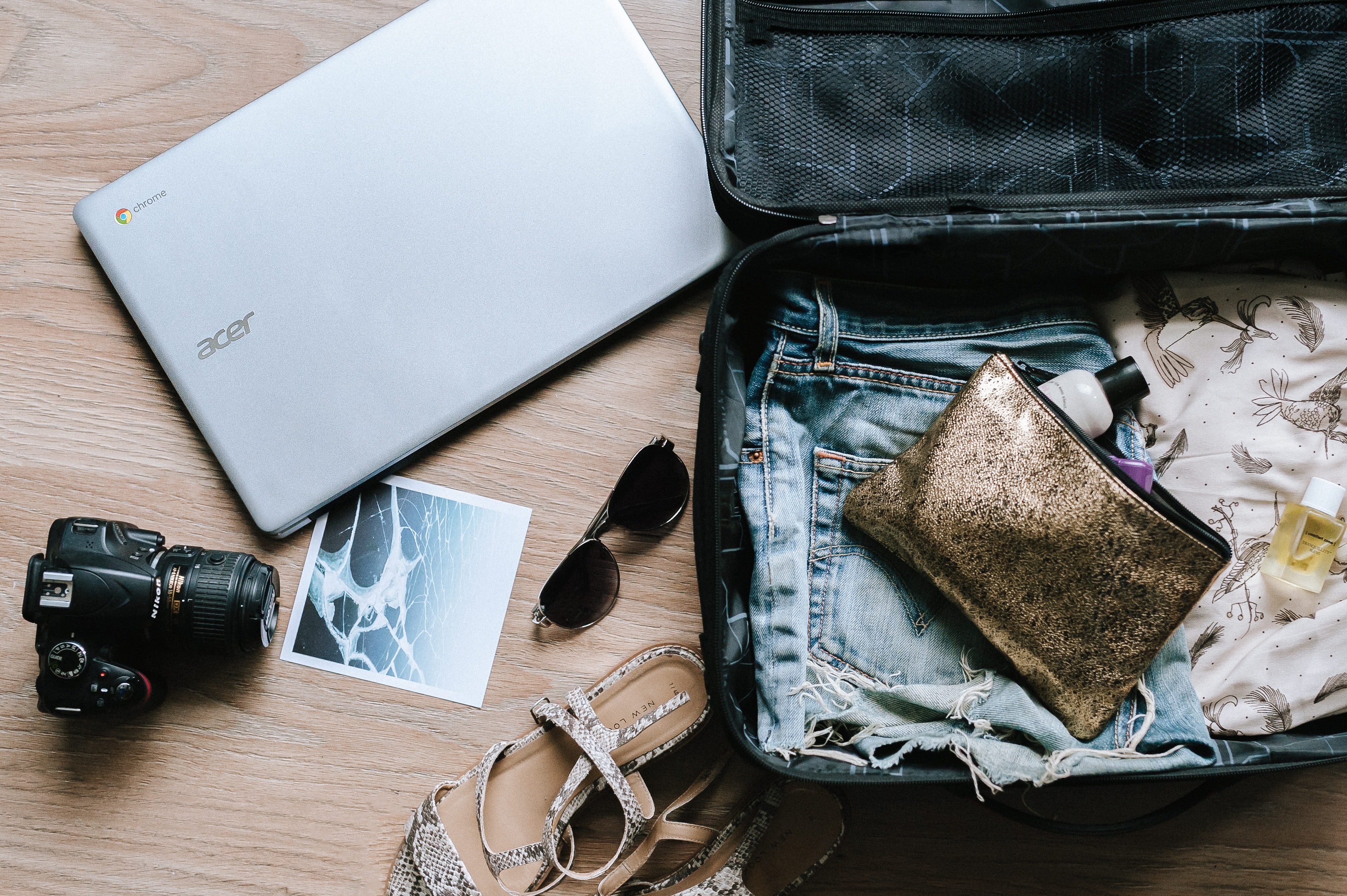



9 comments
Super interesting to identify with a lot of what you’ve written here. I’ve been away from home (Ireland) 9 years this year (Australia and UK but NZ for the last few years) and I often wonder about what it would be like to try and move home and slot myself back in, or if there would even be any empty slots waiting. I’m not there yet, but not ruling it out for the future.
Been thinking a lot about it the last few days and tried to distill the feeling into a (very short) poem. Thought I’d share it with you in case you might enjoy it :
https://auntbaggy.wordpress.com/2020/05/22/baggy-the-bard-17-wanderlong/
Thanks for sharing a bit of your journey and your little poem! I guess this is a thing people like us will keep coming back to over the years – and hopefully finding new insights each time?
Great readinng this
Thanks! Glad to hear it 🙂